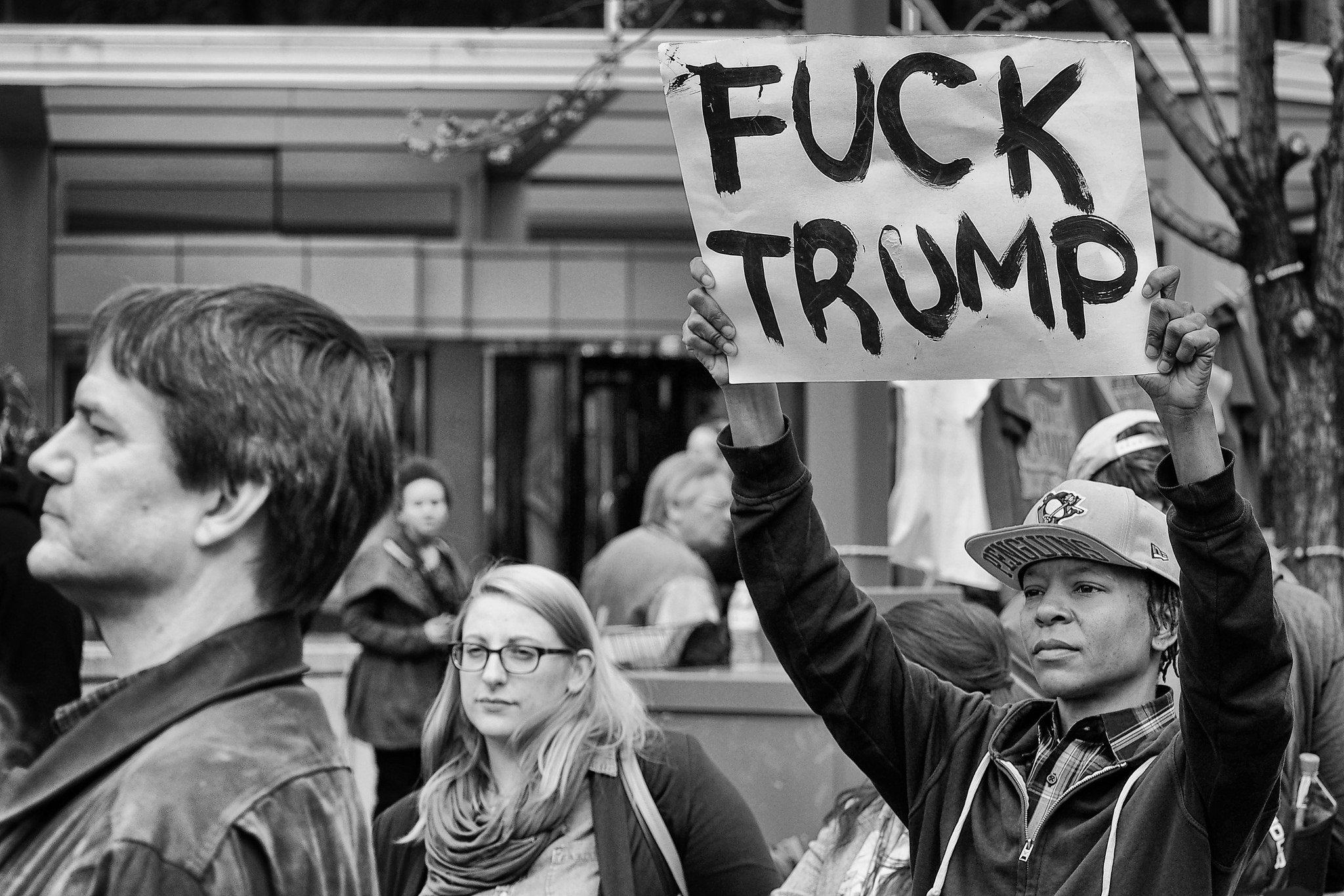Thousands of people are preparing to protest the inauguration around the country on Friday, or planning to participate in one of the many women’s marches that take place nationwide on Saturday. And for many of you, it will be your first time to take action.
Welcome! Taking the streets for justice can be exhilarating, and a well-directed protest can help change the world. At the same time, marching is hard work, and the potential for police violence is worse than ever. That shouldn’t scare you away — but you should take steps to be prepared.
If you can, you should form an “affinity group” with a few of your friends or close allies. An affinity group is a small team that agrees to work together and watch each other’s backs. Before you protest, get together with your new crew, maybe over dinner, to decide your goals and boundaries for the protest. Make sure you know what you hope to accomplish together, and plan in advance how you’ll communicate and make decisions during a potentially chaotic event. Once you’re at the protest, stay together and respect each other’s decisions, including about when it’s time to leave.
Whether you protest as a group or alone, it’s vital that you know your rights and how to stand up for them. The ACLU has a great guide to knowing your rights at a protest, and what to do if your rights are violated. Be sure to also review the ACLU’s guide to what to do if you’re stopped by the cops, and to assert your right to remain silent.
Remember that the police are not your friends. Don’t talk to them or offer them information about your plans. The police will have undercover agents in the protest.
What You Need To Know To Protest Donald Trump’s Inauguration
